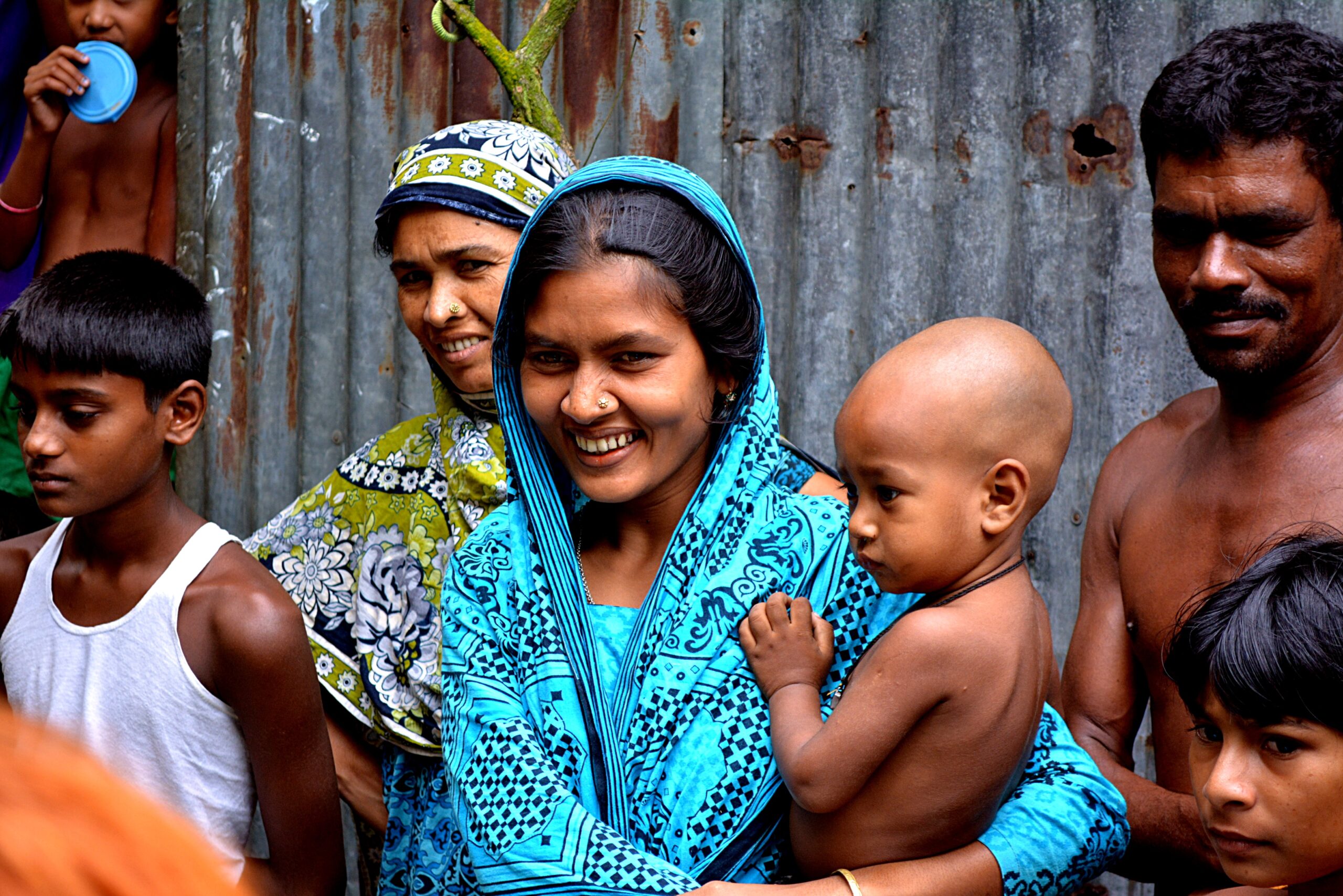Poverty is a pervasive global issue that affects millions of individuals and families around the world. Despite significant progress in recent decades, many people still struggle to meet their basic needs for food, shelter, and healthcare. The good news is that each of us has the power to make a meaningful impact through the act of donating. In this blog post, we’ll explore the importance of donating to reduce poverty and how your contributions can bring about positive change in the lives of those less fortunate.
The Scope of Poverty
Poverty is a multifaceted problem that goes beyond financial hardship. It often includes limited access to education, healthcare, clean water, and job opportunities. It can trap individuals and communities in a cycle of despair, making it difficult to escape its clutches. Some key aspects of poverty include:
- Basic Needs: Many people living in poverty lack access to basic necessities such as food, clean drinking water, and shelter.
- Healthcare: Inadequate healthcare can lead to preventable diseases and health issues, further exacerbating the challenges faced by those in poverty.
- Education: Lack of access to quality education limits opportunities for personal and economic growth.
- Unemployment: Limited job opportunities and low wages perpetuate poverty, making it difficult for individuals and families to break free.
- Inequality: Discrimination, gender bias, and systemic inequalities often keep marginalized communities in poverty.
The Role of Donations
Donating to reduce poverty is not only a charitable act but also a strategic one. Here’s how your donations can make a significant difference:
- Providing Immediate Relief: Donations can provide immediate assistance to those in crisis, offering food, shelter, and emergency relief to families in need.
- Access to Education: Donations can fund scholarships, build schools, and provide educational resources to empower individuals to escape poverty through education.
- Improving Healthcare: Healthcare initiatives funded by donations can offer medical care, vaccinations, and access to clean water, promoting better health outcomes.
- Supporting Microfinance: Donations can be used to establish microfinance programs that provide small loans to aspiring entrepreneurs, helping them start businesses and generate income.
- Empowering Communities: Donations can support community development projects, such as vocational training and infrastructure development, which empower communities to thrive.
- Fighting Inequality: Donations can be directed towards organizations working to address systemic inequalities and advocate for policy changes that reduce poverty.
Maximizing the Impact of Your Donation
To ensure your donation has the greatest impact, consider the following tips:
- Research: Investigate and choose reputable organizations with a track record of effectively addressing poverty.
- Specific Causes: Donate to causes that resonate with you and align with your values, whether it’s hunger relief, education, or healthcare.
- Regular Giving: Consider setting up regular, recurring donations to provide ongoing support to organizations.
- Volunteer: In addition to monetary donations, you can volunteer your time and skills to help organizations reduce poverty.
- Advocate: Raise awareness about poverty-related issues and advocate for policies that address its root causes.
Conclusion
Poverty is a complex problem, but through collective efforts and the act of donating, we can make a significant impact. Your contribution, no matter how big or small, can help alleviate the suffering of those in poverty, provide them with opportunities for a better future, and contribute to a more equitable world. By donating to reduce poverty, you become a catalyst for positive change, demonstrating the power of compassion and solidarity in our global community.

